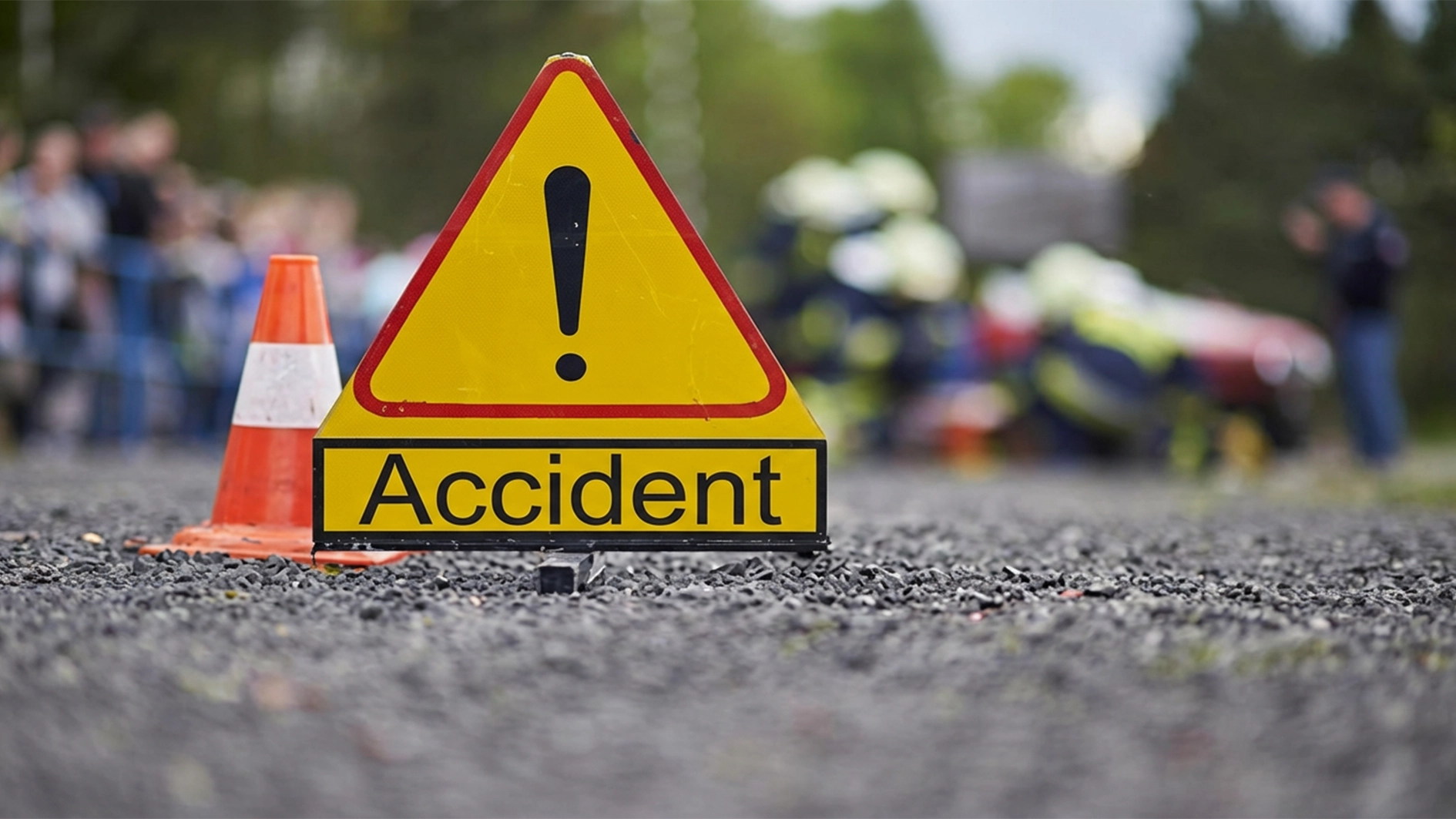
Sustainable Research and Action for Environmental Development (SRADeV Nigeria) has strongly condemned the Federal Government’s decision to apply for the importation of “non-hazardous” waste from the European Union (EU).
Executive Director, SRADeV Nigeria, Dr Leslie Adogame, decried the move, saying: “Nigeria is battling a huge solid waste crisis, yet we are now opening our doors to foreign waste like: fly-ash, textile & rags, and paper, under the guise of it being ‘non-hazardous.’
SRADeV Nigeria’s latest finding reveals that Nigeria responded to receiving non-hazardous wastes amongst some non-OECD countries from the EU pursuant to Article 42 of Regulation 2024/1157 on shipments of waste from the EU after 21 May 2027. In this regard, Nigeria is ready to receive waste stream categories such as: Refuse Derived Fuel (RDF), Paper Waste, Textile Waste, Rags and Fly Ash.
“This is unacceptable and reflects poor governance, a lack of environmental foresight and an outright disregard for public health. Our priority should be managing our existing waste, not acceding to importing more. If the waste is non-hazardous, then why do we trade in less developed countries of the world.”
SRADeV Nigeria is concerned about the lack of transparency surrounding this decision. Policy and Technical Officer, SRADeV Nigeria, Mr Jeremiah Ato, said: “This is a clear case of waste colonialism, where wealthier nations offload their waste burden onto countries with weaker regulations. The Nigerian government, as well as the EU, must be fully transparent about this agreement and prioritise its citizens’ health and environmental well-being over external economic interests.”
Adogame added: “At a time when global discussions on waste trade controls are intensifying, Nigeria’s decision to import waste raises serious concerns. Y-48, which refers to plastic waste under Annex II of the Basel Convention, requires special regulatory consideration due to its environmental risks, particularly in countries, like Nigeria, that already struggle with plastic pollution.
SRADeV Nigeria called for an urgent review of the decision by the National Chemicals Management Committee (NCMC), acting as the clearing house on issues of chemicals and waste, to examine the implications and ensure transparency.
The group also urged the EU to act responsibly by ensuring that its waste export policies (according to Article 41 of the regulation 2024/1157) did not place an undue burden on developing nations.






